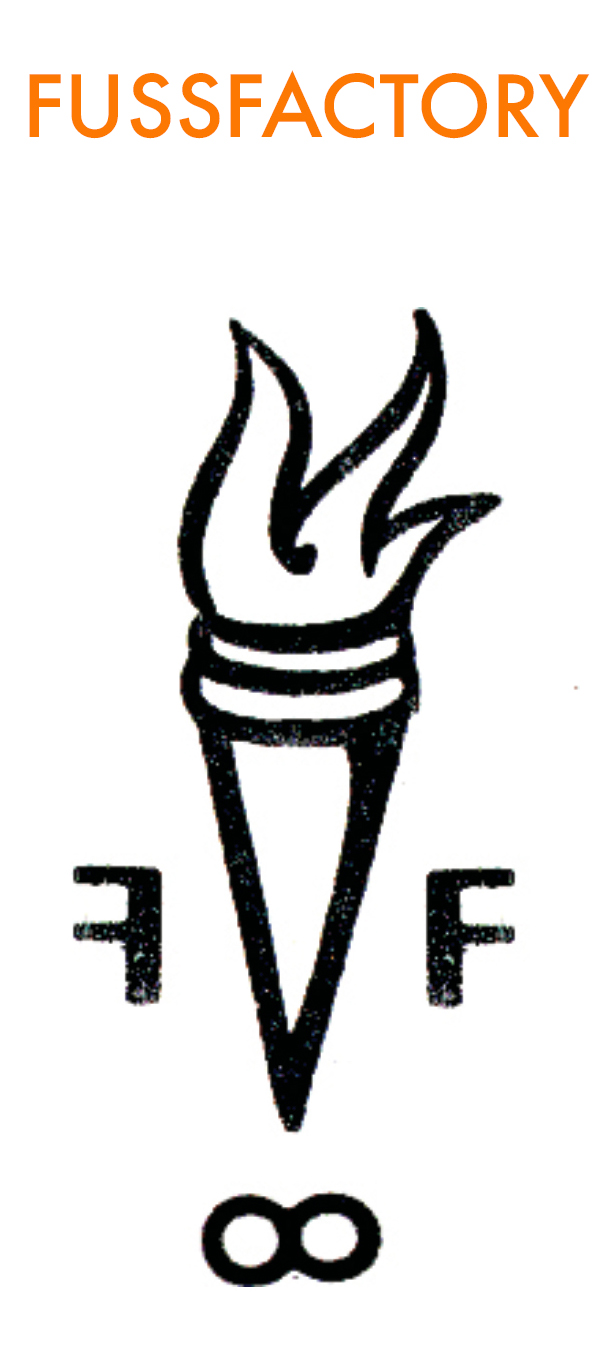#sparkchamber 042924 — Kevin Poelking
Music, said the philosopher Plato, “gives soul to the universe, wings to the mind, flight to the imagination, and charm and gaiety to life … and to everything.” And today, music enchants and delights #sparkchamber as we chat with composer, conductor, teacher, and speaker, Kevin Poelking. Through meaningful, purposefully crafted music, Kevin brings to life his intention to share and celebrate the intangible power of music and the community that it creates. In his own words:
“I began the commitment to a composing after spending a number of years as a public-school teacher, percussionist, and conductor. My background in these positions has helped me immensely to see the human side of how quality, thoughtful music can affect people.
“While isolating at times, composing is also such a collaborative art form. As a composer, I have to consider the needs of the client/commissioning party, the performers, and the audience. What should the piece sound like? What makes the performers sound their best? What reaction or emotion do we want to evoke in the audience?
“As a composer, I believe that I have the responsibility of creating music that is meticulously crafted and is firmly rooted in the experience of the human beings it is created for. If we are not really saying anything important as artists, what are we really doing? I want to give my listeners and collaborators something that makes them experience something meaningful; perhaps something they didn’t even know that they wanted until they hear it.
“While I have worked with some incredible professional musicians and ensembles from around the world, I also leave room to work with amateur musicians on their own musical creations. This has included everything from one-on-one “private lessons,” to taking their simple melodies and creating full orchestral arrangements for them. I’ve created music as personal gifts, and have collaborated with other creatives, corporations, and nonprofits to elevate their products.”
1.] Where do ideas come from?
I have often found that my ideas come from EVERYWHERE. Very often, they can come from the sound or specific timbre of an instrument. If I have a commission for a piece of music for string orchestra, the sounds that begin to come to mind result in a completely different piece than the exact same commission parameters for wind ensemble.
Sometimes I have ideas that come to mind that are inspired by melody alone or a simple harmonic [chord] progression. Very often, ideas have to be chiseled away. A small idea needs to be refined over and over until the music reveals itself in its complete form. It is very rare that a musical idea comes to mind that is completely polished!
2.] What is the itch you are scratching?
Ever since I was a kid, I have never stopped creating music. I love a lot of aspects of my music career, but composing is something that I NEED to do. When I write in my studio, hours can go by without me noticing. There is so much music out there that I love, but there is nothing like writing EXACTLY what I think music should be. Once I learned the theory, technique, and other nuts-and-bolts of composing, I became my own favorite composer. That sounds really self-indulgent, but if you’re an artist and you’re not your own favorite, what are you even doing?
3.] Early bird or night owl? Tortoise or hare?
I schedule and aggressively protect my time as a composer. I am often most creative before noon. I schedule at least 4 hours in the mornings [on the days I don’t teach at my university job] and then often take a break to eat, get my body moving, and come back in the afternoon. I always try to write for another few hours, but some days I need to stop and take care of some business logistics. Once I decided to be a professional composer, I made sure to show up to “work” consistently and not allow meetings or the needs of others get in the way of my creative time. Sometimes getting into the flow just means showing up at 50% and hoping that a quick moment of inspiration kicks the creative machine back into gear for a few hours.
4.] How do you know when you are done?
When I am proud of what I have in front of me. Once I release my music into the world, there is no taking it back. I’ve learned to get past the paralyzing fear this can sometimes create, but I strongly believe that artists should be creating something that they believe is missing in the world. I write music that I wish existed. When I feel like the music is something that I love, takes care of the needs of the musicians, and will connect with an audience, I know that it is ready to be shared with the world.


